August 15th is the National Day in Liechtenstein, one of the three countries that make up the EEA and Norway Grants. How do the citizens of this country celebrate this holiday? What does it commemorate? And why is Liechtenstein so unique?
To say that Liechtenstein is a country that is somewhat different from other European countries is a bit of a cliché. Every country has its own specifics. But Liechtenstein is indeed a unique state. This text will be about the uniqueness of Liechtenstein. And let the National Day of Liechtenstein, celebrated on August 15th, be our starting point.
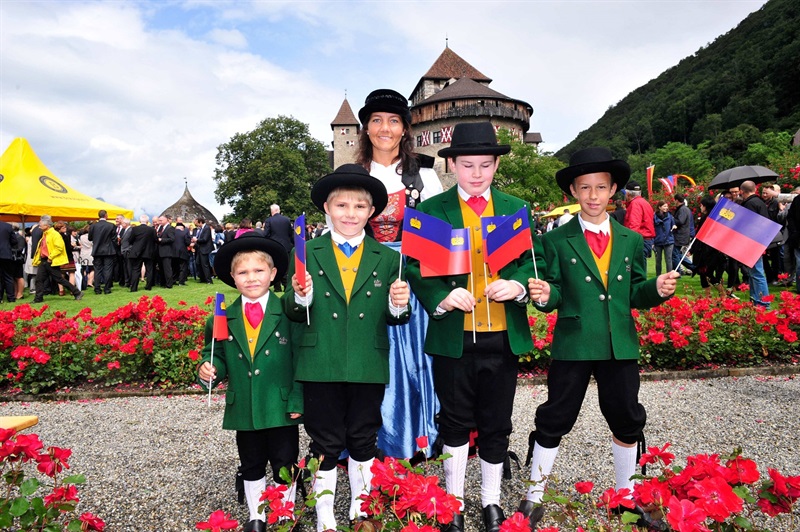
Liechtenstein celebrates its National Day (photo: Liechtenstein Marketing)
Everyone is celebrating independence...
What does a national holiday bring to mind? Let's explore this using the examples of Poland, Norway, and Iceland.
In Poland, it's November 11th, the anniversary of regaining independence.
Norway celebrates on May 17th. On this day in 1814, the Eidsvoll Constitution was adopted, and Norway declared its independence. We wrote about this in the article "Constitution Day: what do Norwegians celebrate?"
As for Iceland, their national holiday is June 17th, commemorating the events of 1944 when the republic was proclaimed in the Thingvellir valley. June 17th is also the birthday of Jón Sigurðsson - the father of Icelandic independence. We wrote about all this in the text "How Icelanders won and how they celebrate independence".
Other countries also celebrate great events from their history. The French have a day off on July 14th because on that day in 1789, the storming of the Bastille marked the beginning of the French Revolution. The Spaniards celebrate the Fiesta Nacional de España on October 12th, in memory of Christopher Columbus' discovery of America (yes, yes, I know, Christopher Columbus actually discovered the Bahamas, not America). Italians, on the other hand, have their Festa della Liberazione (celebrated on April 25th as the anniversary of the liberation of Milan, Turin, and other cities in northern Italy from Nazism and fascism in 1945) and Festa della Repubblica (celebrated on June 2nd in memory of the 1946 referendum when Italians decided to transform the country from a monarchy to a republic).
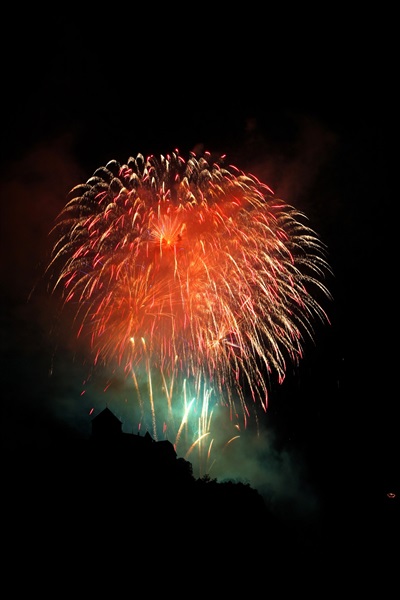
A fireworks show over Vaduz Castle to celebrate National Day (photo: Liechtenstein Marketing)
...but not Liechtenstein
Examples could be multiplied, but it all revolves around independence, changes in the system, and major events. But not in Liechtenstein.
You see, in Liechtenstein they celebrate... Eve. But not the one before Christmas. It's about the Eve of the birthday of Francis Joseph II, who was the Prince of Liechtenstein from 1938 to 1989.
Interestingly, the holiday was established on August 5, 1940. That is, 2 years after the beginning of this ruler's reign. Quite risky, because nobody knew how he would be written down in the history of the state. It paid off, because they were golden letters - Francis Joseph II proved to be a ruler who successfully led Liechtenstein through the meanders of history.
During World War II, Hitler did not attack Liechtenstein. The Prince at that time not only kept up the spirits of his countrymen and focused on building a national identity, but also sought to prevent the Nazis from coming to power in Liechtenstein. To this end, he extended the term of parliament indefinitely.
Francis Joseph II played an important role in transforming Liechtenstein from an agricultural country into a modern service center. He was a universally loved and respected person.
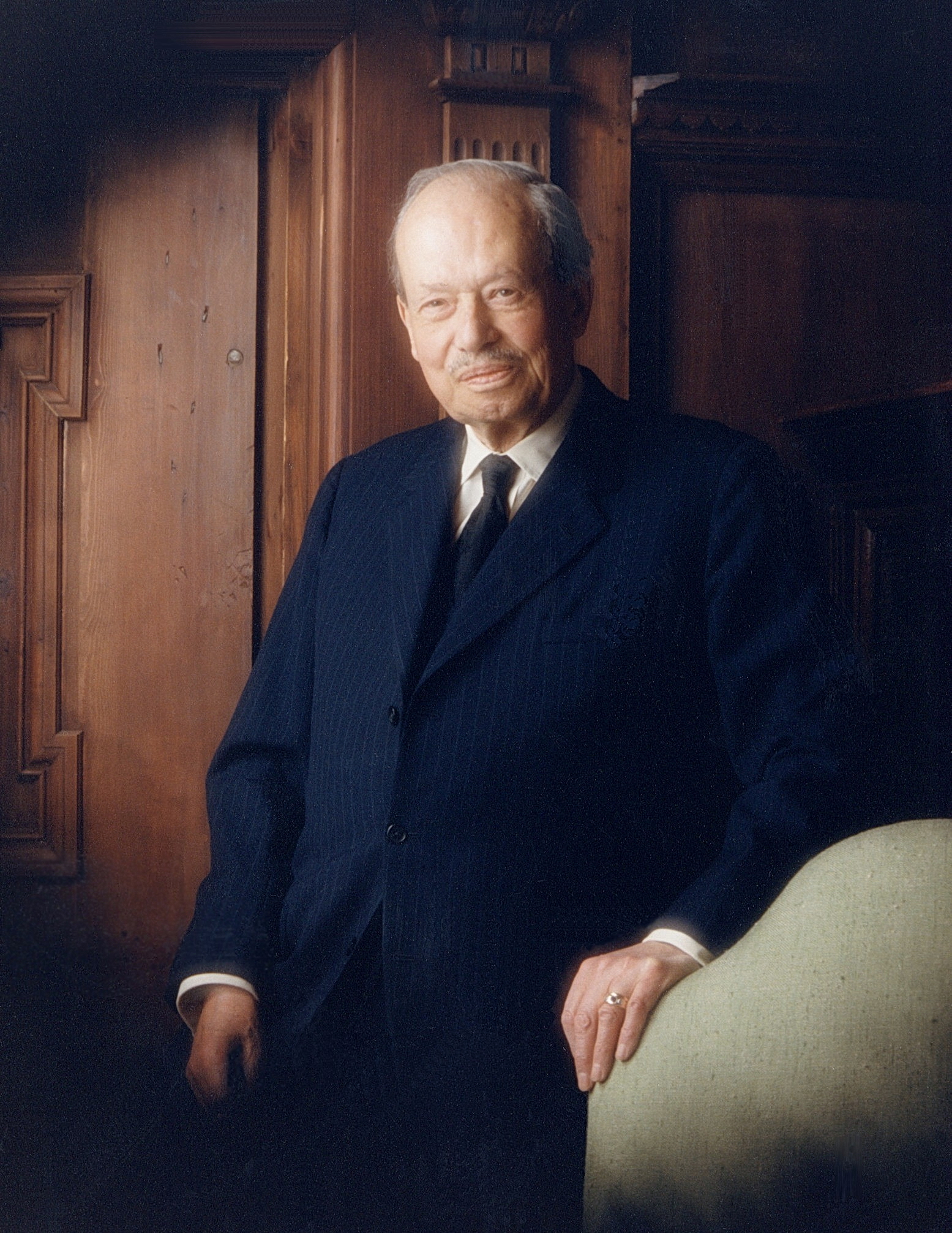 Francis Joseph II (photo: Presse- und Informationsamt, Vaduz)
Francis Joseph II (photo: Presse- und Informationsamt, Vaduz)
Context is key
While everything I've said so far is accurate, to fully grasp why August 15th was selected as National Holiday, we need to provide more background information.
First and foremost, it's worth noting that August 15th was already a public holiday. This date coincides with the Feast of the Assumption of Mary.
As for the historical reasons behind this choice, I'll let an expert elaborate.
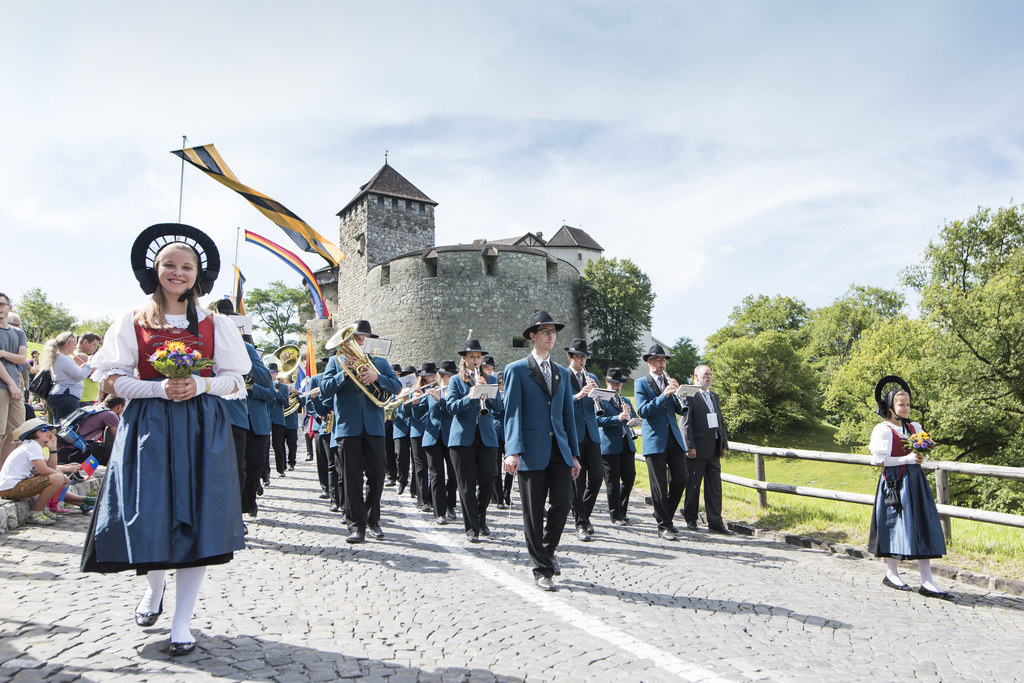
Liechtenstein celebrates its National Day (photo: Liechtenstein Marketing)
"The main reason for establishing a national holiday at that particular time was the threat posed by the Third Reich. After the Anschluss of neighboring Austria, Liechtenstein expected that Wehrmacht troops could invade the principality at any moment. The lack of our own army made our country virtually defenseless. Therefore, we needed symbols to be able to demonstrate our independence" – says Dr. Donat Buechel, curator of the exhibition "1938 – Anschluss or continued independence" at the National Museum in Vaduz, in an article on the national-geographic.pl portal
What are the celebrations like in Liechtenstein?
The story begins at Vaduz Castle, the capital of Liechtenstein.
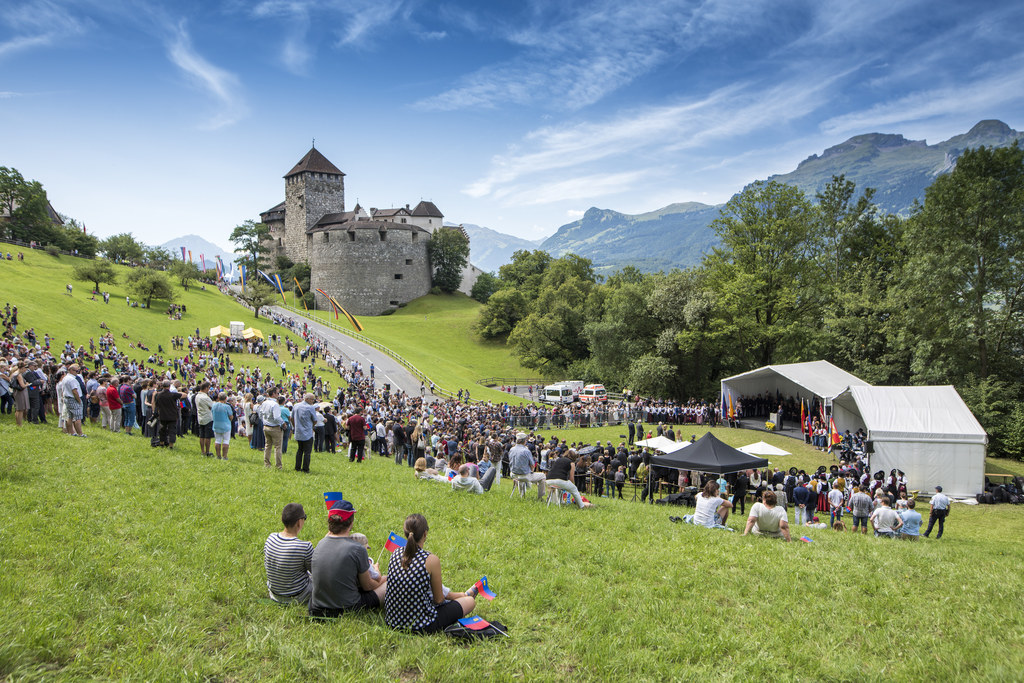
National Day celebrations in Liechtenstein take place at Vaduz Castle (photo: Liechtenstein Marketing)
To begin the ceremony, the Crown Prince Alois and the President of the Landtag (parliament), Albert Frick, deliver speeches. The national anthem, 'High on the young Rhine' is then sung. We will return to the anthem later, as there is an interesting fact connected to it.
At this point, it's worth mentioning why the Crown Prince gives a speech instead of the ruler himself. Formally, the head of state is still Hans-Adam II, the son of Francis Joseph II, but he does not rule on a day-to-day basis. On August 15, 2004, he transferred most of his power in the Principality to his son, Alois, whom he appointed as co-regent. Since then, Hans-Adam II has focused on managing the House of Liechtenstein and the princely estate. His father did the same in 1984, five years before his death. Francis Joseph II appointed Hans-Adam II as co-regent at that time and handed over the real power in the state to him.
Let's return to the August 15th celebrations. After the speeches, a reception is held in the princely garden. Everyone can attend – there is no charge, but you need a ticket, which can be ordered online.
"For several hours, Prince Hans-Adam II, Crown Prince Alois and Princess Sophia are at the disposal of their guests. Every citizen can approach the monarch, exchange a word with him, shake his hand or take a selfie. This is unimaginable in other monarchies" - writes Łukasz Załuski in an article on national-geographic.pl.

Prince Alois during the National Day reception (photo: Łukasz Załuski / National Geographic Polska)
In the afternoon, a celebration takes place in the city center, culminating in a fireworks display. The city center is closed to traffic. Vendors line the streets with their stalls. The festivities continue late into the night.
7 Reasons Why Liechtenstein is Unique
Before writing this text, I read countless articles about the history of Liechtenstein and how this country functions. One thing I am sure of is that this country is unique. This is evidenced not only by the rather unusual reason for choosing the date of its national holiday but also by many other facts. I decided to gather a few examples.
Firstly, Liechtenstein is unique because it is tiny. This country is essentially the Alps and a valley squeezed between Switzerland and Austria. It is the sixth smallest country in the world (after Vatican City, Monaco, Nauru, Tuvalu, and San Marino).
Secondly, Liechtenstein does not have its own currency. For 104 years, the Swiss franc has been the currency of this country (before 1920, Liechtenstein used Austrian crowns), as Liechtenstein is in a customs and monetary union with Switzerland. While Liechtenstein can mint a limited number of Swiss francs with the inscription "Liechtenstein" in the form of coins, these can only be commemorative coins. Liechtenstein is not allowed to produce banknotes.

Pamiątkowa moneta o nominale 50 franków szwajcarskich wybita w Liechtensteinie
Thirdly, Liechtenstein has special relations with Switzerland. The countries have concluded numerous agreements in various fields, which bind the two states very closely. Switzerland very often represents Liechtenstein on the international stage. This is the case, for example, in Poland, where Liechtenstein is represented by the Swiss ambassador.
"These relations should be treated as special and privileged. Switzerland seems to be the dominant party, possessing a decisive element: the influence over the creation of legal solutions that also apply to its smaller neighbor" - writes Krzysztof Koźbiera, a scientist from the Jagiellonian University in the article "Liechtenstein towards Switzerland. Necessity or reason?"
A scientist, however, points out the significant autonomy of Liechtenstein, as evidenced by the fact that Switzerland is not a member of the EEA (residents opposed such a solution in a referendum), while Liechtenstein already is.
"Liechtenstein's connection with Switzerland is not currently a necessity but a deliberate choice, primarily beneficial to Vaduz" – concludes Krzysztof Koźbiał.
Fourthly, Liechtenstein is a constitutional monarchy but with a very strong position of the prince. The constitution of this principality has been in force since 1921. In 2003, the prince's power was further increased. A constitutional referendum was held then, in which citizens voted in favor of, among other things, the right of absolute veto for the prince, the possibility of arbitrarily dissolving parliament and dismissing the government. On the other hand, the amendment also introduced the possibility of expressing a vote of no confidence and removing the monarch from office, and even abolishing the monarchy by the people in an appropriate referendum.
An interesting fact is connected with this referendum. Namely, Prince Hans-Adam II announced before the vote that if the nation did not vote according to his will, he would leave the country. Ultimately, 64.3% of Liechtensteiners voted in favor of introducing the amendments.
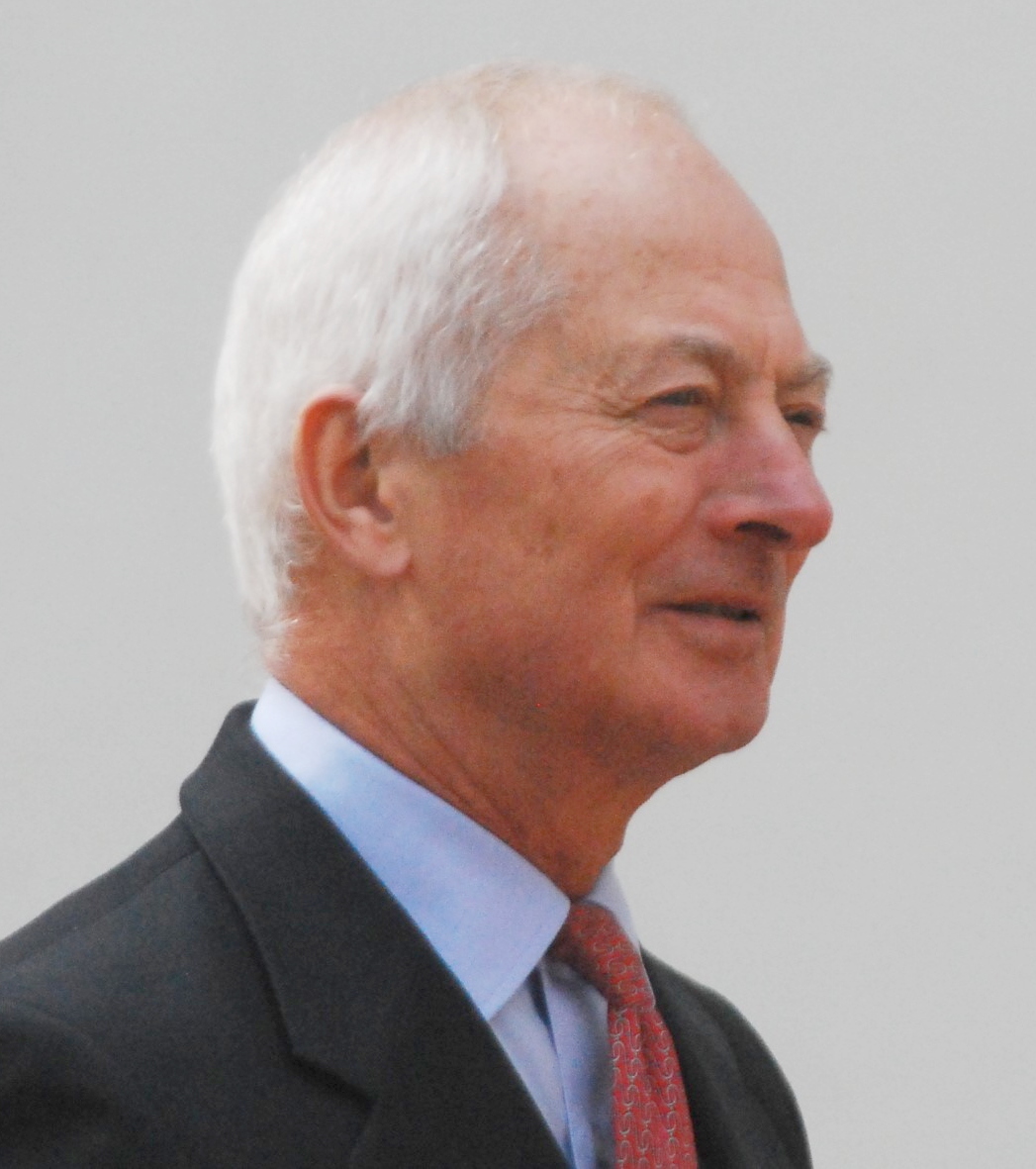
The current Prince of Liechtenstein, Hans-Adam II (photo: GuentherZ, under CC BY-SA 3.0 license)
Fifthly, the prince is essentially a symbol of Liechtenstein. The Principality of Liechtenstein was founded on January 23, 1719, 305 years ago, and has been ruled by the same dynasty ever since! In fact, the name of the country itself comes from the name of the ruling family. Can you imagine a stronger connection between a state and its ruler? It's as if Poland had once been called Jagiellonia.
Sixthly, according to the International Monetary Fund, Liechtenstein is the richest country in the world. Liechtenstein's GDP per capita (the value of goods and services produced divided by the number of inhabitants) is almost 140 thousand dollars per year. The next places are occupied by Monaco, Luxembourg, and Singapore. One of the reasons is that Liechtenstein has a very developed financial sector and produces advanced machinery. Moreover, Liechtenstein also ranks high in other rankings. Take, for example, the HDI (Human Development Index), which is a social development index based on several indicators related to life expectancy, education, or national income. In the latest UN ranking, which was created based on this index, Liechtenstein ranks 12th in the world - together with Belgium and Finland.
And finally, seventhly, the promised interesting fact about the Liechtenstein anthem. We already know that it's "High on the young Rhine" (Oben am jungen Rhein). But do you know what melody the anthem is sung to? Turn it on and listen. Done? Does anything ring a bell? Yes, it's the melody of the British anthem "God Save the Queen". They are identical. And there's nothing strange about it, because in the 19th century, several German-speaking states used this melody for their anthems (e.g. Bavaria and Saxony)."
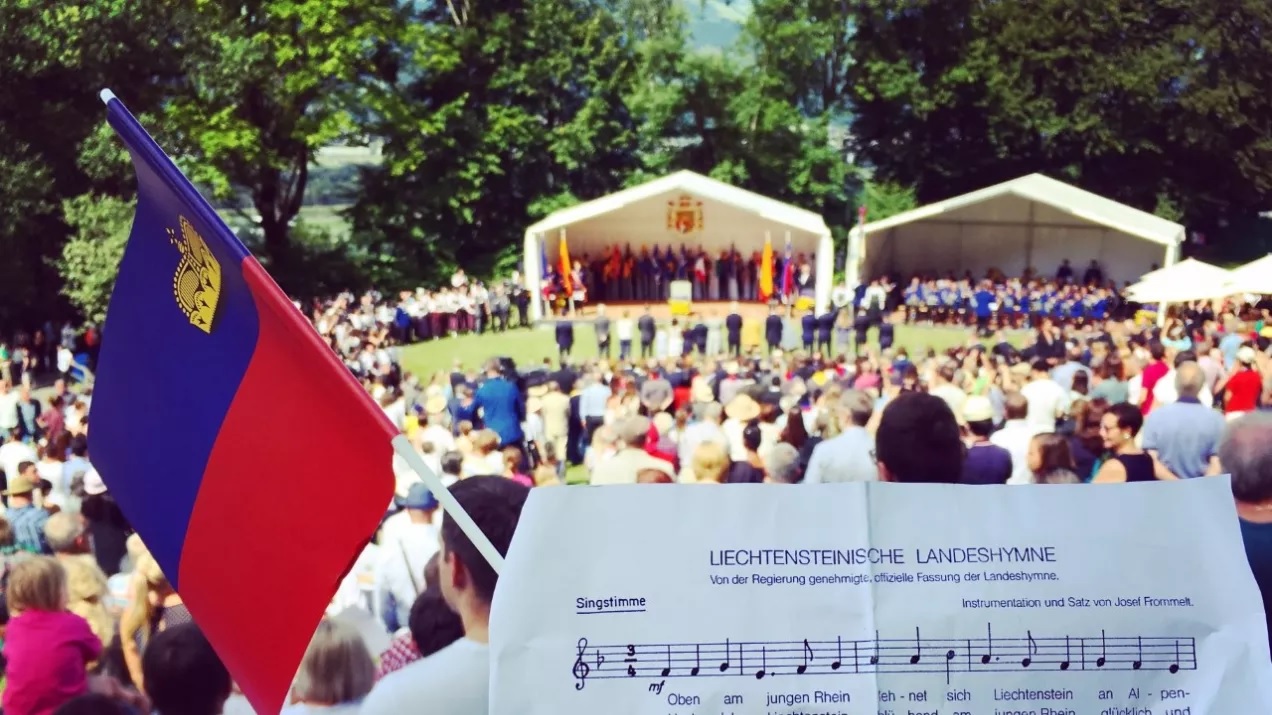
National Day Celebrations in Liechtenstein and the National Anthem (photo: Łukasz Załuski / National Geographic Polska)
Finally, we would like to extend our warmest congratulations to Liechtenstein and its people on your National Day. It has been a pleasure working with you. May you continue to thrive in your unique way.
About the article
The author of the article is Paweł Nowak(Communication and Promotion Unit, Department of Assistance Programmes, Ministry of Development Funds and Regional Policy).
The text uses information, quotes, and images from the following sources:
- article "Interesting facts about Liechtenstein. What is this tiny European country known for?" published on the National Geographic Polska website (PL)
- article "World's wealthiest countries. Ranking of the most affluent nation" published on the National Geographic Polska website (PL)
- article "Liechtenstein towards Switzerland. Necessity or reason?"" hosted on the Jagiellonian University repository (PL)
- article "Celebrating Liechtenstein's National Day on August 15!" published on the Liechtenstein Embassy in Washington website (EN)
- article "300 years of Liechtenstein" published on the Deutsche Welle webiste (EN)
- article "Liechtenstein national holiday" na on the tourismus.li webiste (EN)
- photo gallery on the Liechtenstein Marketing webiste.

